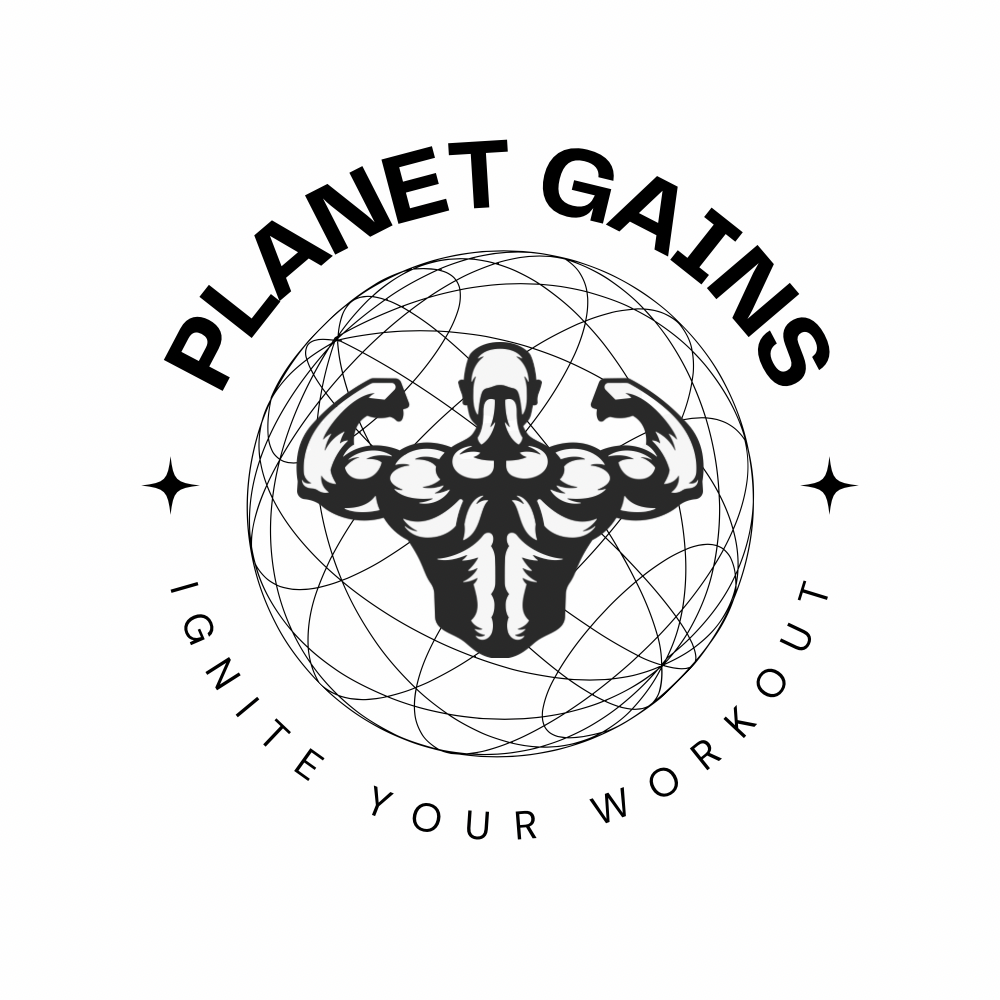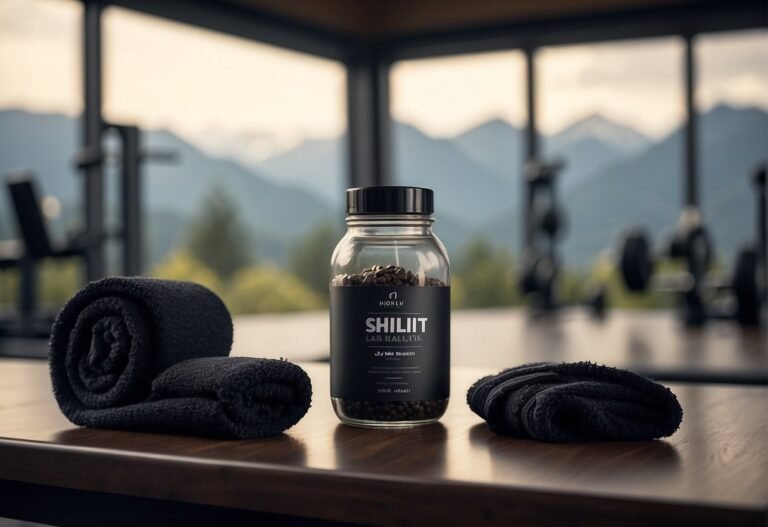📦 FREE Shipping
Can Ab Workouts Make Your Stomach Hurt 2024? Surprising Insights

Ever hit the mat for an ab-blasting session only to feel like your stomach’s in a knot afterwards? Let’s dive into the burning question: Can ab workouts make your stomach hurt, and what’s really going on behind that post-crunch ache? Join me as we unravel some surprising insights!
Ab workouts are notorious for burning, but can they cause stomach pain? “Can Ab Workouts Make Your Stomach Hurt?” is a question many of you asked. Let’s go fitness fam!
Can Ab Workouts Make Your Stomach Hurt?
Your abdominal muscles, comprised of the transverse abdominis, rectus abdominis, and obliques, play a central role in core stability and movement. These interconnected muscles support the whole body and are engaged in various exercises like planks and crunches. You definitely need them to stand a powerful core workout.
Mechanisms of Muscle Soreness
Often after an ab workout, you may experience two types of soreness. Acute soreness manifests during or immediately after exercise due to lactic acid buildup. However, delayed-onset muscle soreness (DOMS), recognized by organizations like the American College of Sports Medicine, is a deeper, more pronounced pain that peaks 24-72 hours post-workout, signaling muscle recovery.
Effects of Exercise on the Body
When you engage in strength training, tiny tears occur in the muscle fibers, which is recognized as muscle damage. This necessary step triggers inflammation and an increase in blood flow to the affected area, promoting repair and growth. Consequently, muscle soreness is a natural response, indicating that your body is working on strengthening those abs.
The Role of Nutrition and Recovery
What you do post-workout can drastically affect how your muscles recover. Ensure you’re eating foods rich in protein to aid muscle repair, and don’t forget to hydrate well. Emphasize rest, stretching, and applying heat or pressure to soothe sore muscles. Occasionally, ibuprofen or other anti-inflammatory medications can reduce discomfort, as entities such as Johns Hopkins Medicine recommend.
Revel in the process—your discomfort reflects your hard work and commitment to enhancing your core strength!
Optimizing Your Workout Routine

To kickstart your journey towards a rock-solid core, prioritize practical ab exercises that use your bodyweight, such as planks and leg raises. Injecting a mix of resistance training and high-intensity exercise can amplify the benefits. Aim for fewer sets with maximum effort, as this technique fosters both strength and endurance.
Addressing Exercise-Related Discomfort
If abdominal workouts leave you with sore muscles, ditch the pain medication—your body has better tools! Opt for a gentle stretch or apply heat to ease tightness, or take a short rest if you’re facing nausea or muscle spasms. Always listen to your body, as overexertion can lead to injury.
The Myth of Spot Reduction
Say goodbye to the myth that you can burn fat in specific areas like the abs. Building a calorie deficit through ab-targeted exercises and cardio is the true secret to weight loss. Spot reduction is a myth, but full-body workouts and nutrition play pivotal roles in fat loss.
Posture and Core Stability
Your posture is crucial—both in and out of the gym. Work on exercises that reinforce stability and engage stabilizer muscles to enhance core strength. This prevents back pain and contributes positively to your mental health.
Beyond the Workout: Lifestyle Factors
Your abs reflect your lifestyle. Get a grip on eating habits and nutrition—they’re as vital as your workout. Prioritizing mental health, recovery, and rest is non-negotiable; they’re the unsung heroes in your quest for a chiseled core. Remember, wellness is holistic!
Stretch and Cool Down Secrets
Never underestimate the power of a good stretch. After crushing your workout, cool down with moves like the cobra to boost flexibility. This promotes recovery and preps your muscles for your next session. Consistency in this ritual can significantly alleviate future muscle tightness and soreness.
Debunking Myths in Ab Training
Dive into the truth about ab workouts as we uncover the reality of six-pack aspirations and address common misconceptions surrounding abdominal pain and training effectiveness.

The Trust Behind Six-Pack Abs
Achieving a visible six-pack is more complex than just performing ab exercises. Your abs are already there, but Johns Hopkins Medicine points out that a calorie deficit and strategic nutrition are crucial. Cardiovascular training aids in fat loss that can uncover those sought-after muscles. Remember, localized fat reduction by targeting a specific area—like your abs—is a myth.
Understanding Pain vs. Injury
Feeling sore after a good ab workout is typical and a sign that your muscles are adapting. It’s your body’s hormonal response to training stress. But beware, there’s a clear difference between normal muscle soreness and the sharp discomfort of injury.
Persistent or sharp pain, especially with swelling, might be a red flag for concern, and consulting a healthcare professional is advised.
Combating Persistent Soreness
Feeling sore continuously isn’t a badge of honor—it could indicate overtraining. The American College of Sports Medicine suggests balancing workout and recovery for muscle repair. Consider incorporating active recovery like light cardio, stretching, and possibly NSAIDs or a heating pad if recommended by a physician. Proper mental health attention and nutrition also play pivotal roles in combating soreness.
Finding the Balance: Reps vs. Resistance
To strengthen your abs, variety in your exercise routine counts. Mix up reps and resistance to challenge your muscles in different ways.
Research shows that integrating high-rep, low-resistance workouts and low-rep, high-resistance strength training can maximize muscle growth and definition. Think beyond the crunch—resistance training can encompass weights or bands to help progress your ab workout.
FAQ:
Why does my stomach hurt after doing ab workouts?
Your stomach may hurt after ab workouts due to muscle fatigue or strain from the exercises, which is a normal response to new or intense activity.
Can working out make your stomach hurt?
Yes, working out can make your stomach hurt, especially if you engage your core or if you’re experiencing digestive issues.
What does ab workout pain feel like?
Ab workout pain typically feels like a sore or burning sensation in the muscles, indicating they’ve been stressed and are recovering.
Why does my stomach abs hurt?
Your stomach abs hurt, likely because the muscles are recovering from being worked out, which can cause delayed-onset muscle soreness.
If this article about “Can Ab Workouts Make Your Stomach Hurt” helped you, don’t forget to leave us a comment below about what you think of the article. Make sure to also look into How Long After Lasik Can I Workout? and Can You Workout After Acupuncture?. You will like them.





